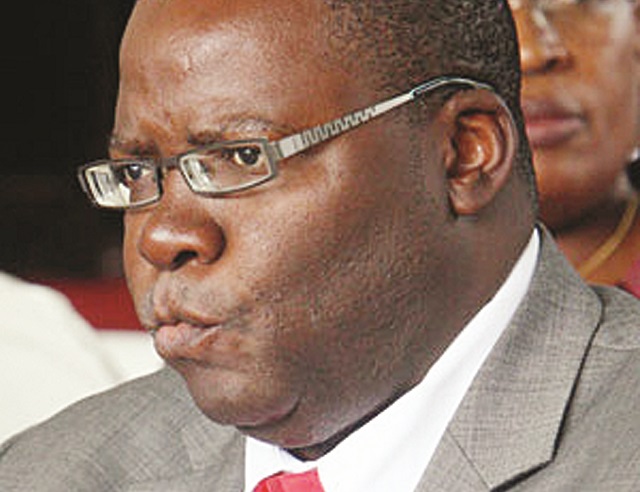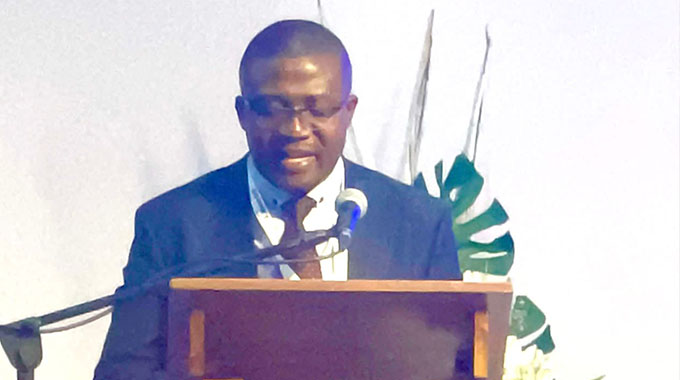Unbanked jump into plastic money. . . ‘Cash shortages drive financial inclusion’

Shamiso Dzingire, Business Reporter
THE prevailing cash shortages are positively driving financial inclusion in the country with more informal sector players, who earlier resisted plastic money, now joining the bandwagon, a banking sector report has revealed.
The country has been facing cash shortages since 2016 and the situation worsened last year to date. A research, conducted by IH Securities, reveals that the previously mostly unbanked individuals dwelling in the informal sector have been forced to adapt to non-cash channels, which include plastic money.
“The Central Bank has been at the forefront of advocating for new KYC light products within the banking sector to encourage the on-boarding of the unbanked. As such we have observed activity in this area with banks launching KYC-lite bank accounts such as NMB Lite by NMB Bank, SmartCash Account by CBZ Bank, iSave Account by Steward Bank, to name a few,” reads part of the report.
It also attributed positive financial inclusion to the Reserve Bank of Zimbabwe’s initiative of advising banks to distribute Point of Sale (POS) machines across the country to make plastic money accessible.
According to the RBZ, the penetration of POS machines increased by 20 percent to 70 000 units last year against the 2020 target of 100 000.
The report also indicated that transactions processed through the National Payment System (NPS) increased by 70,7 percent to $10,6 billion in January 2018 from $7,3 billion the previous year.
It said: “Cash-based transactions have been falling, making way for card-based transactions as well as digital transactions. The biggest growth has been in the digital transactions that grew by 168 percent in the year, with the bulk of these transactions being done via mobile banking.”
The report also commended efforts by banks to prioritise digital banking. Digitising the banking sector, the report said, is in line with global trends, which have been changing for the past 10 years. However, the report highlighted that the country’s decision to go digital was not a result of technological advances but was a response to cash shortages.
According to the report, local banks have also adopted mobile and internet banking to provide more service value for their customers as well as increase their fee and commission income.
@ShamisoDzingire











Comments